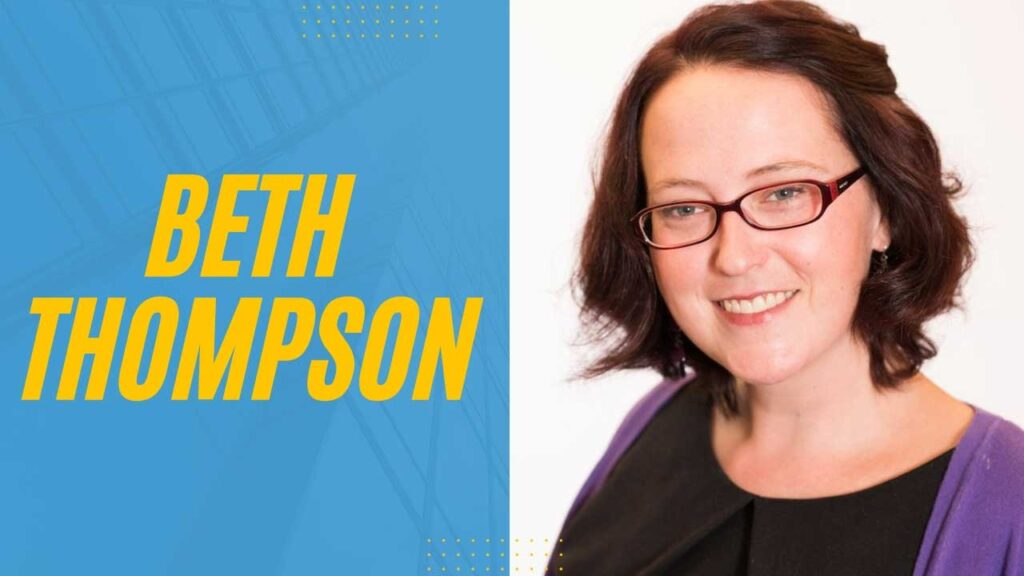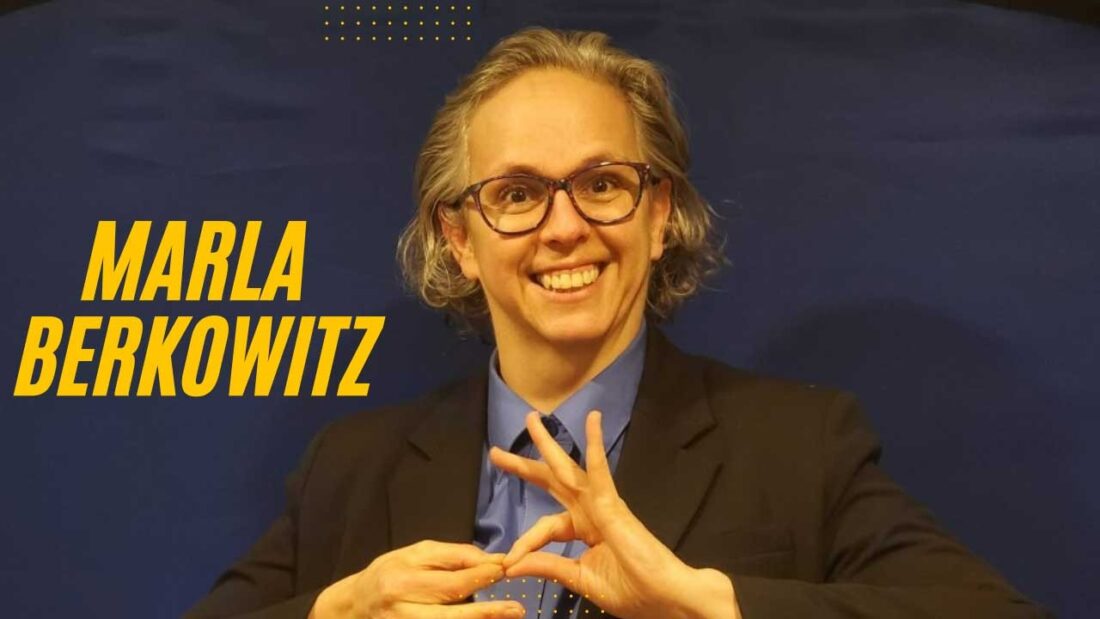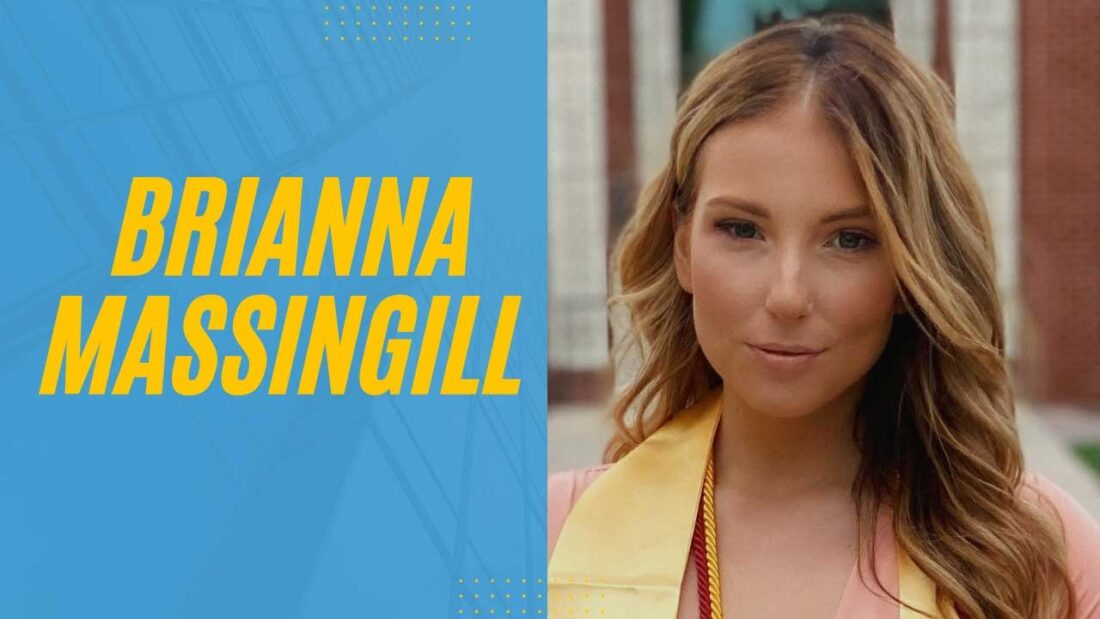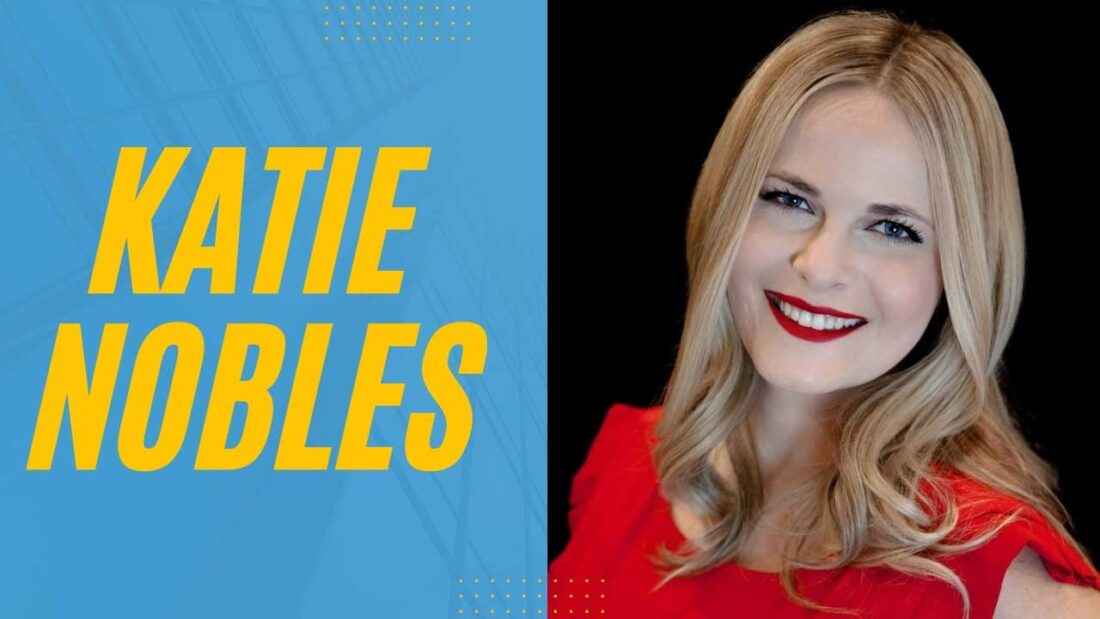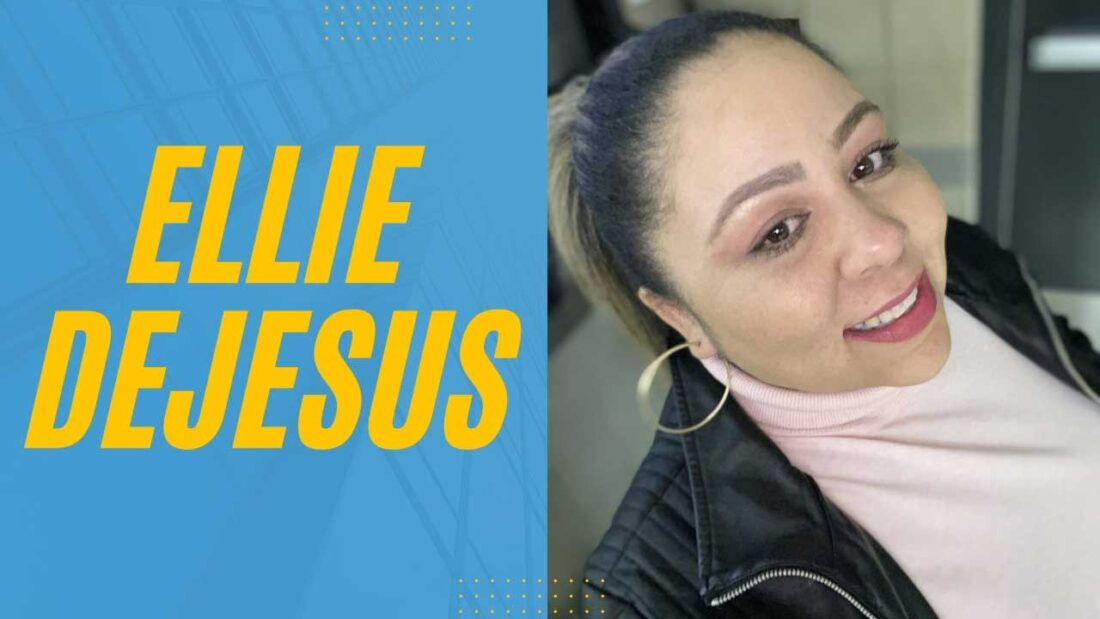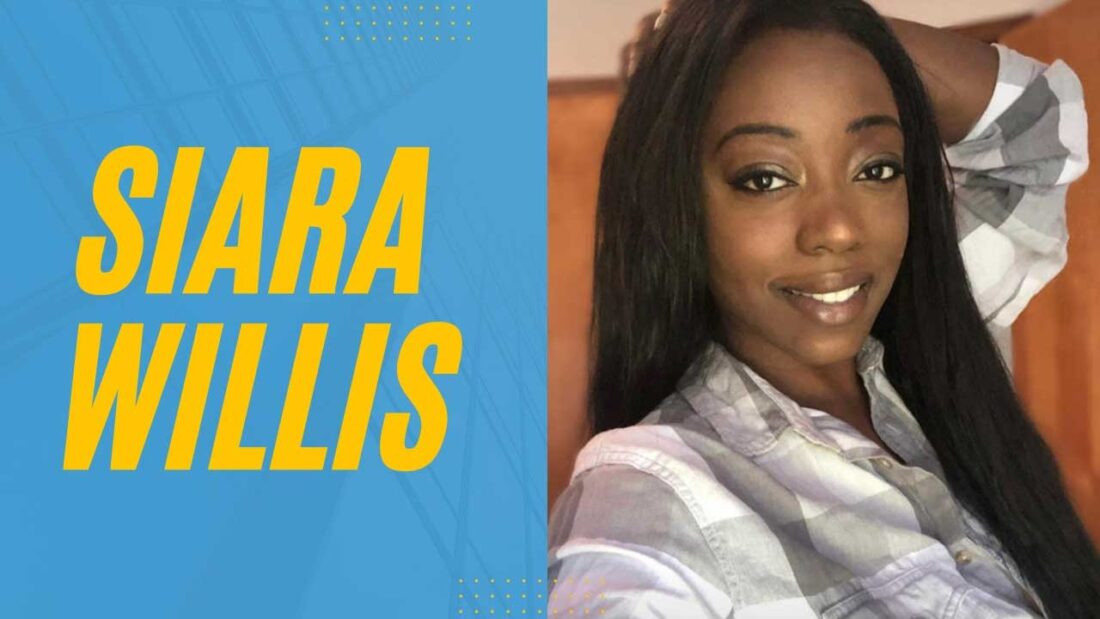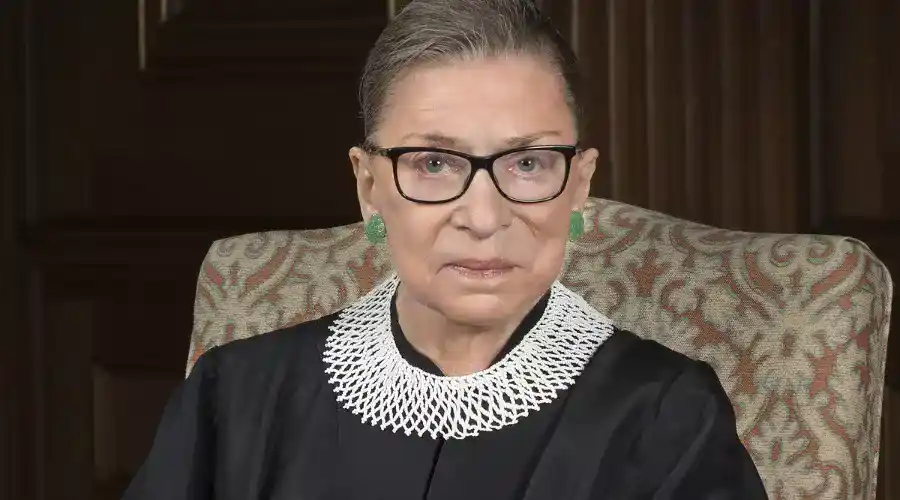Beth Thompson is the Program Director at Milestones Autism Resources, and the Disability Warrior for the month of November for Liner Legal, the best disability law firm in Ohio! Liner Legal’s Katie Nobles sat down with Beth to talk about her background, Milestones Autism Resources, and more. Learn more about Beth, her past, and why she loves what she does by reading the interview below!
The Interview
KN: Tell me about your background and why you wanted to work in this field.
BT: I was born and raised in a small suburban community outside of Columbus where I grew up with my mother and older sister. I acquired a significant hearing loss as a small child and subsequently was placed on an IEP because of the many skills that didn’t develop typically like my speech, spelling, reading and writing. My mother worked for what was the Rehabilitation Service Commission of Ohio, now known as Opportunities for Ohioans with Disabilities (OOD), and understood my rights as a student with a disability. I was therefore able to get the best services and therapies possible, which has enabled me to attend college, graduate school and become a trainer with strong public speaking skills. Because I had my mother advocating for me, I was able to succeed and learned it is often not the disability that is most disabling, but how that person is treated as a result of having a disability. I went into this field because I wanted to be that adult next to others helping them get the best services possible and achieve their own goals and dreams regardless of disability. I was fortunate enough to attend a very unique high school named The Linworth Experiential Program that’s purpose is to more fully engage students in their educations by creating choices and having students make choices, placing the students in situations requiring higher levels of responsibility and having students learn and apply what they have learned through experiential education. I received my undergraduate degree from Hiram College in History with a Minor in African American Studies. I studied these areas because I am passionate about diversity work, resiliency in the face of oppression and learning from our past. Following college, I worked in the non-profit field for a few years before attending graduate school at Case Western Reserve University’s Mandel School of Applied Social Sciences where I received my master’s in social science administration with a focus on community development.
I have worked exclusively in the disability field since my graduate program and have been with Milestones Autism Resources for almost ten years. I live in Old Brooklyn with my husband, who is a high school teacher and our remarkably grumpy rescue dog, Smush.
KN: Can you tell us about Milestones Autism Resources?
BT: Milestones Autism Resources improves the lives of individuals on the autism spectrum by educating, coaching and connecting the autism community with evidence-based information. Through our national annual conference, Free Autism Helpdesk, Private Consultations for families and self-advocates and Professional Trainings, we hope to create a community in which individuals on the autism spectrum reach their full potential as contributing members of society, recognized for their strengths and supported in their challenges. Milestones provides autism strategies for life, offering guidance to get you through the day and help you plan for the future.
KN: Tell us about your position as Program Director at Milestones.
BT: I am the Program Director for Milestones Autism Resources and oversee our services including our Helpdesk, Consultations, Trainings. I provide professional trainings for first responders, healthcare providers, behavioral health specialists, educators and other professionals that interact with individuals on the spectrum. I have a specialty in transition to adulthood and a deep passion for empowering individuals with autism to be our community experts and leaders.
KN: What made you want to work not just to help those with autism, but to help them gain independence?
BT: I was running a transition to college program for students with a variety of disabilities and had the opportunity to work with students on the spectrum as well as those with different disabilities. While you should never say you have a favorite student, the students with autism quickly became my favorite students to work with. I enjoyed working alongside them and felt that those students gave me the most perspective. I believe that everyone is interdependent on one another and that we all can only truly achieve a certain level of independence. I enjoy people with autism being my friends, co-workers, neighbors, etc. and I want them in my community because I think they make my world a better place. I want them to be as interconnected and empowered as possible so that they can engage in our community and make it better for everyone.
KN: Why is having independence so important?
BT: I would say that autonomy and choice are words that I think carry more importance for me than independence. I think the disability community has put an undue pressure on self-advocates by insinuating that they need to be “independent” whereas we acknowledge that everyone else without disabilities (labeled) needs supports and connections to be happy and healthy in their lives. What is really important is that people with disabilities are given choices, not narrow or predestined, they should have the autonomy to make decisions for themselves based on numerous good options. Regardless, the level of impact of a disability, being able to make choices that make you happy and fulfilled should be a priority in life for all.
KN: Tell me about your work with the Employment First Transitions Council.
BT: I participated in the Ohio Employment First Transitions Council, where I participated in a group of major stakeholders to help define the process and steps of the new Employment First ruling and how it would impact families in Ohio. This policy stresses that everyone, regardless of the level of disability, should have the right to go work in whatever capacity they can.
KN: What is your favorite part of your job?
BT: The favorite part of my job is getting to work alongside and with amazing self-advocates. My co-workers, community members and clients on the autism spectrum give me a different perspective and uplift my ideals and values. I get to learn from people with autism every day and they are some of the best teachers I’ve ever had.
KN: What is the most rewarding part of what you do day to day, at work and otherwise?
BT: The most rewarding part of my day is hearing from clients, coworkers or community members that are doing well or benefiting from the work of Milestones.
Being a Disability Warrior
KN: What is a Disability Warrior to you?
BT: Disability Warrior? I imagine a wheelchair that has flames blazing from it as it bolts down the street to crush an ADA-noncompliant building! I suppose I think of a friend and mentor of mine named Donna Please. Donna has literally been breaking barriers down for decades and still in retirement sits on numerous leadership groups further guiding advocacy movements. A Disability Warrior is not scared of saying what is right and demanding it whether it makes people uncomfortable or not. It is intentionally making more space for people with disabilities than others at decision-making tables.
The Disability Warriors at Liner Legal work every day to fight for our clients. If you are looking for Warren OH disability lawyers, or a disability lawyer in Cleveland, Sandusky, Youngstown, Akron, Columbus, and more- call us today! To learn more about Milestones Autism Resources, visit their website at Milestones.org.

